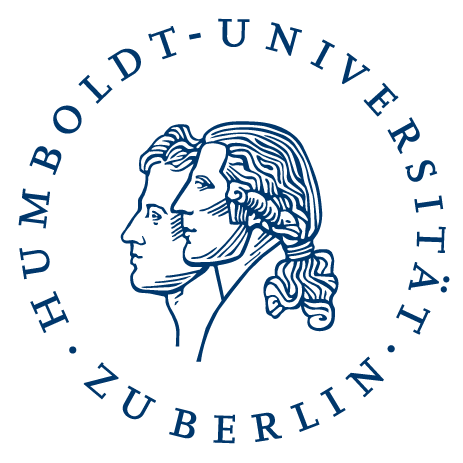SCIENCeQUALITY
SCIENCeQUALITY is a bottom-up initiative organised by PhD students and postdocs from the HU Berlin whose goal is to broadcast research promoting equality in science at all levels. We publish summaries of complex research articles in order to make them accessible to the broader public. At the moment we are Miguel, Lena, Malav and Natalie and we would be happy to welcome more interested people.
More from SCIENCeQUALITY: Post on METIS
Contact: sciencequalityberlin@gmail.com

1. Tell us a bit about yourself. What motivates you to publish SCIENCeQUALITY?
We are a diverse group with different cultural backgrounds and gender identities, but we are all either witnesses or subjects to some form of discrimination in the academic environment. At the same time, we also consider ourselves privileged – having the resources and the time to contribute at least a little bit to a solution for these problems.
We realised there was a lack of information on these topics at our campus, which we work at and we thought that we could contribute at least by raising some awareness on the topic. We wanted to find a way of directing people’s attention to all the great work that has already been done. SCIENCeQUALITY is a way of answering our own need for action in order to tackle all these various forms of discrimination that have been perpetuated for too long.
Some of us were already active in our personal or political lives, and we thought why not also be active in our workplace? We feel like addressing this should be part of our role as scientists.
This was our main motivation!
When did you first become aware of the role of gender and diversity in your research environment or at your workplace at university?
Most of us became aware of some forms of discrimination and inequality when we were still students in STEM subjects, or by listening to the experiences of friends, family members or colleagues. Some of us were inspired by social and political movements, leading us to have a critical look at our own university and work environment. Others came from very male-dominated fields, where we witnessed gender discrimination far too often. All of this motivated us to act and wish to provoke change.
The consequences of discrimination can be very explicit and painful in some cases, after harassment for example. Other consequences are a bit more difficult to grasp in your daily life, but they may still have strong long-term effects, like lack of opportunities or absence of recognition for your work and contributions. Research on and awareness of such subtle discrimination is therefore especially important.
2. What challenges have you encountered in academia regarding equal opportunities?
Some challenges stem from the accumulation of different struggles or occur due to the inaccessibility of career opportunities. These challenges may not always seem severe at the beginning, like during one’s studies or early career stages. But they can have harsh impacts later on while competing for grants or positions. For instance, if someone comes from so-called underdeveloped countries, their work might be less recognised, since it is more difficult to get it published in high impact journals, and their universities or institutes are less well regarded internationally.
Structural inequalities end up affecting you as an individual as well. For example, if you know you are subject to some sort of negative bias, you may feel that there is no room for mistakes, or that you must not miss out on the few opportunities you are given. This pressure becomes a burden, making it more difficult to focus on your work. Additionally, these biases can affect you on a personal level, leading to struggles with self-esteem. Many of us struggle with impostor syndrome.
3. In an ideal world, what would be your goal to accomplish with SCIENCeQUALITY?
With SCIENCeQUALITY we would like to spread awareness, and attract and engage as many people as possible in Berlin, but also in every scientific community across the world! In an utopian world, these ideas would also permeate into decision-making processes within the institutions.
On a more immediate perspective, we would like to provide a tool to everybody who wants to challenge the current status quo of inequality and patriarchy – “Think globally, act locally”.
4. What do you think still needs to be done?
One thing that seems important to us would be a way of connecting different initiatives and people who are already doing great work tackling inequality and contributing to a better world. We believe that connecting all these efforts together will increase the impact we can make.





